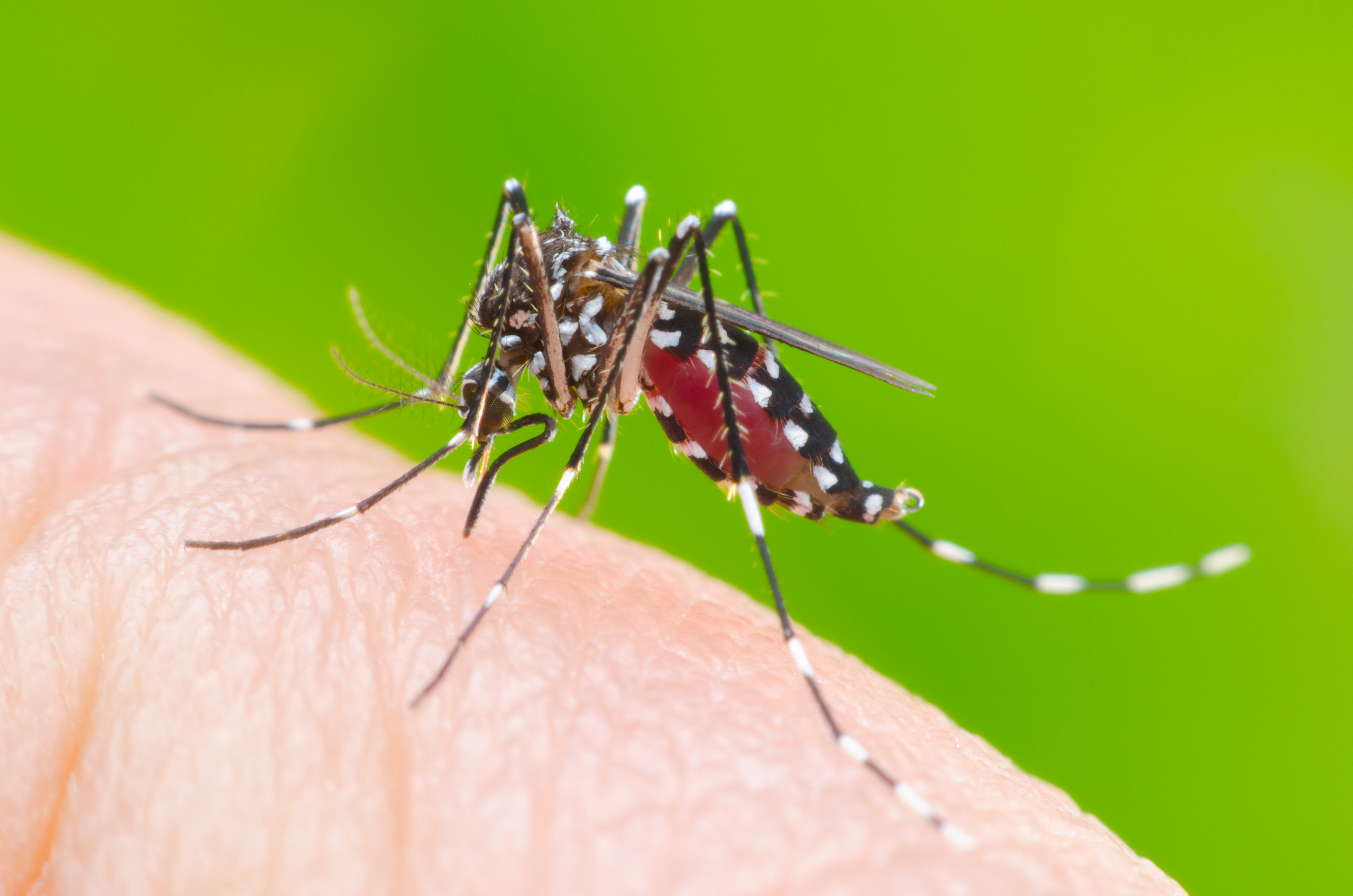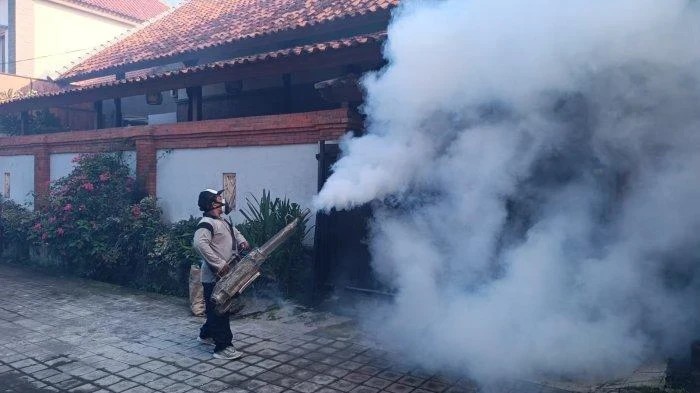As Bali's rainy season begins, the focus has returned to the risk of dengue fever on the island. The Bali Provincial Government has addressed concerns following updated travel advisories issued by the Australian Government for citizens visiting Indonesia.

The Head of the Bali Provincial Tourism Office, Tjok Bagus Pemayun, reassured tourists that the risk of dengue fever should not discourage them from visiting the island. He stated, “Australia is very strict about protecting its citizens, but Bali is like a second home for many Australians. They know we have taken precautions.” Pemayun highlighted the availability of modern healthcare facilities that meet international standards to address any health issues tourists might encounter.
He also explained that his team, in collaboration with the Bali Provincial Health Office and the Ministry of Tourism, is actively implementing dengue prevention measures. “We recently communicated and coordinated with the Ministry of Tourism to address these concerns effectively,” Pemayun added.
Rising Concerns
Reports of dengue fever cases among Australians returning from Bali have been on the rise. According to Australian media, five tourists tested positive for dengue after visiting the island. A spokesperson from the Northern Territories Health Department emphasized the importance of mosquito protection for travelers visiting dengue-prone areas.
The Australian National Notifiable Diseases Surveillance System recorded 2,153 dengue cases in 2024, a significant increase compared to 1,119 cases in 2023. This rise aligns with global trends, as dengue—a mosquito-borne viral disease—affects 100–400 million people annually. While most cases are mild, severe dengue can be life-threatening, making prevention a priority.
How Tourists Can Prevent Dengue Fever
Visitors to dengue-prone regions like Bali are advised to take the following precautions:
- Wear long-sleeved shirts and full-length pants to minimize skin exposure.
- Use mosquito nets while sleeping or install window screens to keep mosquitoes out.
- Apply insect repellents, use mosquito coils, and consider vaporizers to deter mosquitoes.
The World Health Organization (WHO) advises those contracting dengue to rest, stay hydrated, take acetaminophen (paracetamol) for pain relief, and avoid anti-inflammatory drugs like ibuprofen and aspirin. Severe symptoms should prompt immediate medical attention.
New Travel Advisory for Indonesia
Australia’s Smart Traveler bureau updated its travel advice for Indonesia on December 9, 2024. The update highlights health risks such as dengue fever, as well as concerns over drink spiking and methanol poisoning following recent incidents in Laos.
The advisory states, “Dengue is common during the rainy season. Australian health authorities have reported an increase in dengue infections among travelers returning from Bali. Consult your doctor for information on available vaccines and their suitability for your circumstances.”
Travel Insurance and Medical Coverage
Travelers heading to Bali are strongly urged to secure comprehensive travel and health insurance. Policies should cover medical emergencies such as dengue fever, accidents, and natural disasters. Popular adventure activities in Bali, such as ATV riding, snorkeling, diving, hiking Mount Batur or Mount Agung, and motorcycle riding, should also be included in the coverage.
Bali remains a beloved destination for Australian tourists, and authorities on both sides are working together to ensure their health and safety during their visits.




You can add one right now!